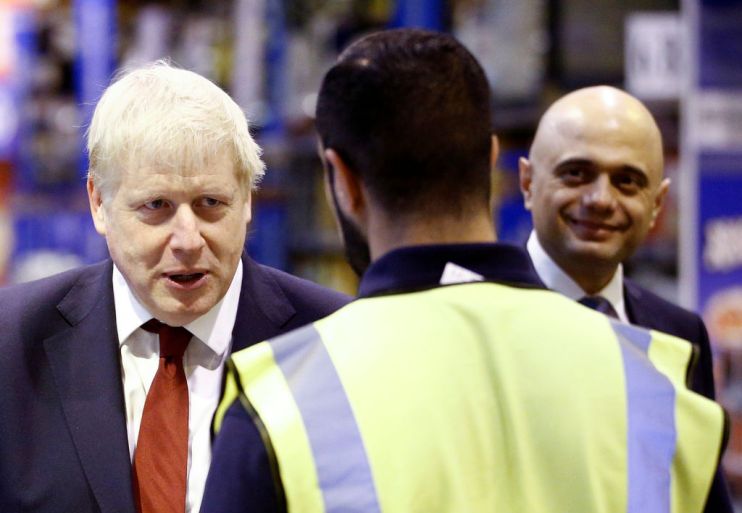Employers positive about hiring with parties set for spending splurge

Employers were optimistic that staff numbers will increase in the last three months of the year when polled in September, a survey has shown, as the promised “end to austerity” boosted expectations about job numbers in the public sector.
Read more: General Election: Sajid Javid promises to rip up restrictive spending rules
Yet despite the Tories and Labour both promising a spending deluge, employers in public-sector dominated industries reported struggling to fill roles. Three-quarters of healthcare employers said finding workers was difficult, for example.
The survey, carried out by the professional human resources body CIPD, said that Brexit uncertainty was yet to take its toll on employers’ hiring expectations.
CIPD’s net employment score – a measure of employment confidence – grew from 18 to 22 in September.
The UK’s unemployment rate was 3.9 per cent in the second quarter. The Bank of England thinks it likely unemployment will fall to 3.8 per cent in the third quarter and then rise back to 3.9 per cent in the fourth, somewhat contradicting CIPD’s survey.
The uptick in hiring expectations was broad-based across business sectors, CIPD said, but surged among public sector employers to its highest point in five years.
The public sector optimism comes as Britain gears up for a General Election in December. Voters will be asked to choose between two parties promising to increase spending dramatically on the NHS, education and infrastructure.
CIPD labour market economist Jon Boys said chancellor Sajid Javid’s September spending review, which increased funding for all government departments, had “seen hiring and pay expectations increase sharply in the past quarter”.
Yet he said: “Healthcare employers continue to struggle with hard-to-fill vacancies.” The issue has been on policymakers’ minds: the Conservatives last week launched a policy to reduce the cost of a visa for immigrants wanting to work in the health service.
Read more: General Election: John McDonnell pledges ‘cutting edge’ fiscal rules
Another worry, Boys said, is lower expectations about future wage growth in the private sector, where the majority of people are employed. This suggests “recent gains in pay won’t be sustained,” he said.
(Image credit: Getty)